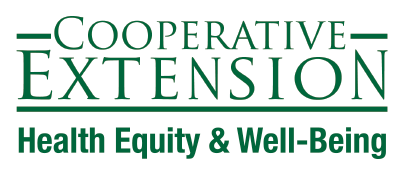This is a National Cooperative Extension Resource
This website is supported in part by New Technologies for Agriculture Extension grant no. 2020-41595-30123 from the USDA National Institute of Food and Agriculture. Any opinions, findings, conclusions, or recommendations expressed in this publication are those of the author(s) and do not necessarily reflect the view of the U.S. Department of Agriculture.



